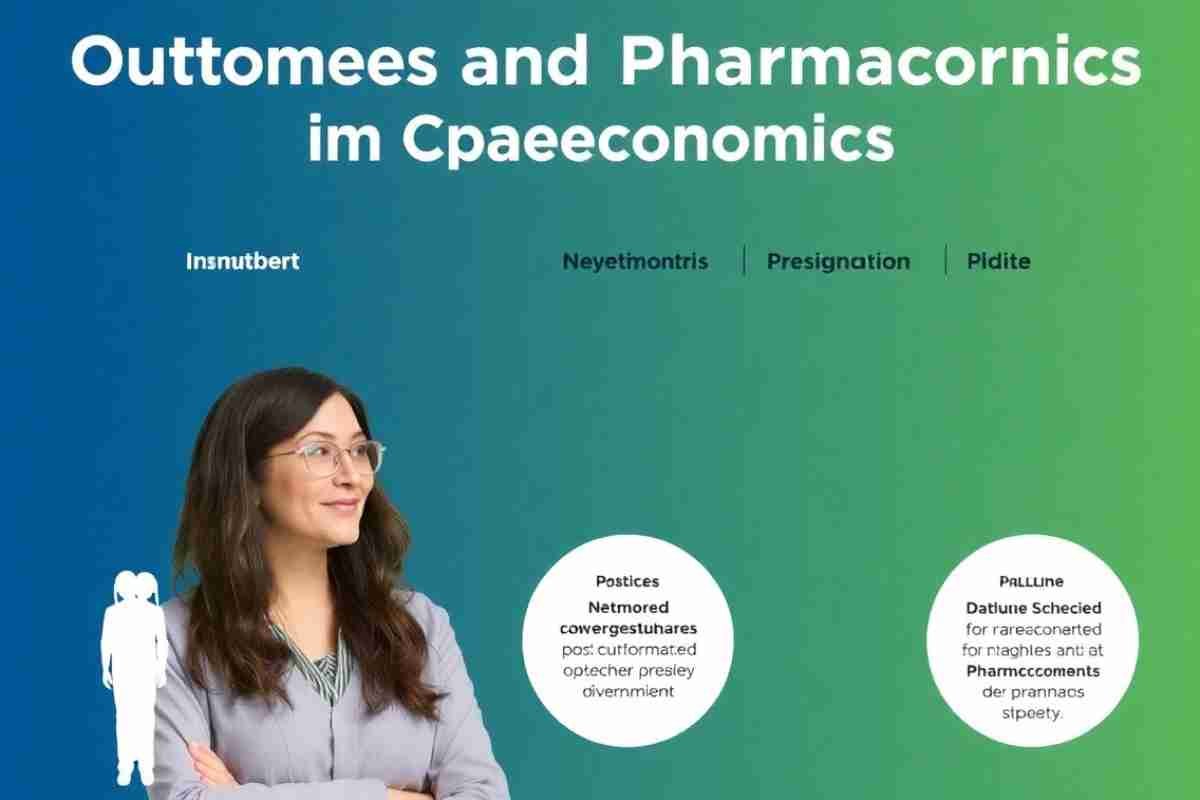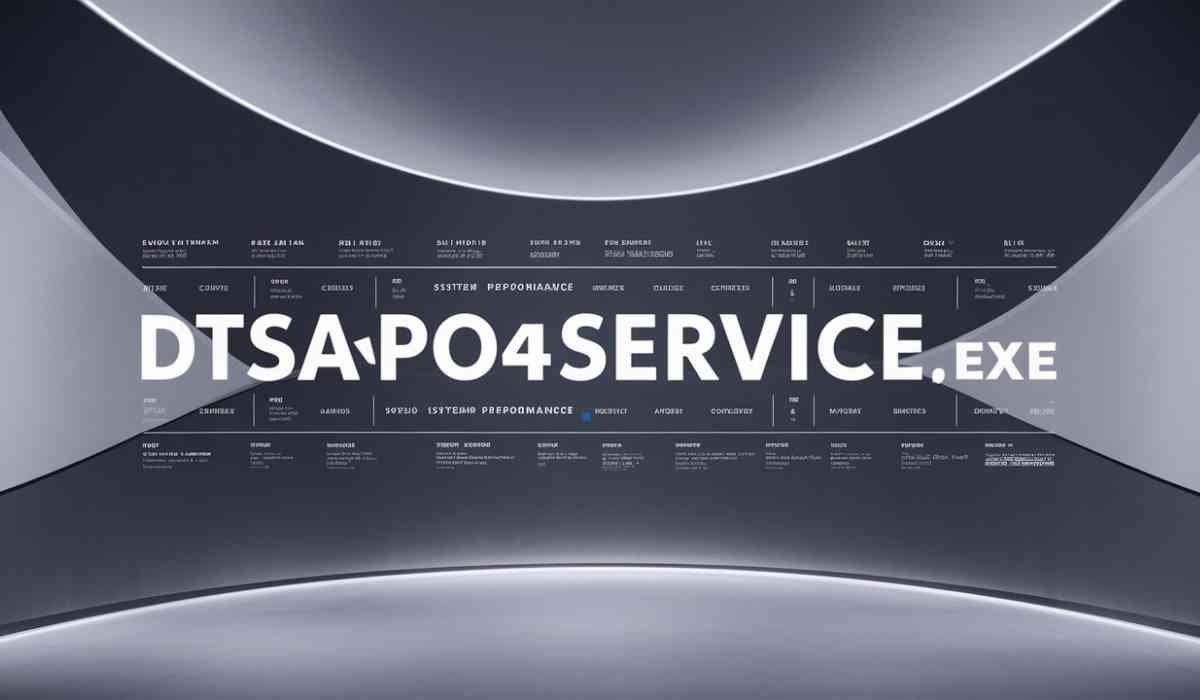The rapidly evolving landscape of healthcare demands a new caliber of expertise, particularly in understanding the economics of health outcomes. Graduate programs in health outcomes and pharmacoeconomics present an interdisciplinary approach that blends clinical knowledge with economic analysis to improve decision-making in healthcare. These programs are tailored for professionals seeking a transformative role in the industry. In this article, we’ll delve into the essence of these programs, the competencies they build, career opportunities, the importance of real-world data analysis, and best practices for selecting the right course for your career aspirations.
Understanding Health Outcomes and Pharmacoeconomics for Graduate Studies
Health outcomes research focuses on the results of healthcare practices and interventions, ultimately aiming to enhance patient care and inform health policies. Diving into this discipline, students learn to measure how patients respond to various healthcare treatments. This knowledge is pivotal in determining the value of medical procedures and pharmaceuticals.
Pharmacoeconomics adds another layer to this knowledge base by quantifying the costs and economic impact of drug therapies and healthcare strategies. This fusion of pharmacology, health outcomes, and economics allows for a data-driven approach to healthcare. It empowers professionals to design financially viable care models that do not sacrifice quality.
Those interested in contributing to this growing field can find various health economics and outcomes research courses tailored to diverse professional and academic backgrounds, ensuring that a wide range of perspectives enriches the field.
Core Competencies and Skills Developed Through Pharmacoeconomics Programs
In-depth pharmacoeconomics programs aim to cultivate a wide array of competencies, from economic modeling to ethical decision-making. Students acquire analytical skills, enabling them to perform complex cost-benefit analyses, essential for resource allocation in healthcare settings.
Graduates emerge with the ability to interpret and apply data from clinical trials in conjunction with economic data. They learn how to craft comprehensive health economic evaluations that shape policies and determine the coverage of new medical technologies. The blend of theory and applied skills makes these programs particularly effective in producing informed healthcare economists.
Exploring Career Opportunities in Health Outcomes and Pharmacoeconomics
The expertise gained from pharmacoeconomics programs naturally translates into a diverse array of career paths. Graduates are well-equipped to take on roles such as health economics analysts, outcomes researchers, or policy advisors. These positions are instrumental in crafting strategies that ensure the sustainability of healthcare systems.
Pharmaceutical companies are also prime employers, relying on health economists to guide drug pricing, marketing strategies, and regulatory affairs. Here, professionals ensure the value of new therapies is accurately communicated and understood in the marketplace.
Academic and research institutions frequently seek individuals trained in these disciplines to contribute to the scholarly foundation of health economics, instruct future specialists, and guide public health studies. In such roles, graduates have the opportunity to shape educational programs and drive new research initiatives.
Integrating Real-World Data Analysis in Pharmacoeconomic Education
One of the hallmarks of a quality pharmacoeconomics program is its emphasis on real-world data analysis. Such programs offer hands-on learning through case studies and projects that make use of actual medical and economic data, enhancing the practical understanding of students.
Data analytics skills are critical in today’s evidence-based medicine landscape. Students learn how to mine healthcare databases, interpret large data sets, and distill actionable insights that can shape healthcare decision-making. This immersive approach ensures graduates can navigate the complexities of real-life scenarios they will face in their professional careers.
Advancements in big data and machine learning are also incorporated into course curricula, reflecting the technological shifts in health economics research. Students are prepared to leverage these tools to recognize patterns in healthcare provision and utilization, predicting outcomes and improving resource allocation.
Best Practices for Choosing the Right Graduate Program in Pharmacoeconomics
Selecting the appropriate graduate program involves careful consideration of your career goals, academic background, and areas of interest within health economics. Accreditation and curriculum structure are primary indicators of a program’s quality, and prospective students are encouraged to review these aspects critically.
The reputation and experience of faculty members play a vital role in the potential networking opportunities and depth of education provided. Those with an active presence in the field can offer real-world insight and might also facilitate introductions to key industry contacts. Prospective students should seize opportunities to speak with faculty to gauge their fit with the program.
Overall, an investment in a graduate program in health outcomes and pharmacoeconomics equips professionals with the skills and knowledge necessary to influence the future of healthcare. Through a focused curriculum, hands-on experience, and a network of industry connections, you can open doors to a rewarding career that helps shape the economics of health outcomes on a global scale.









